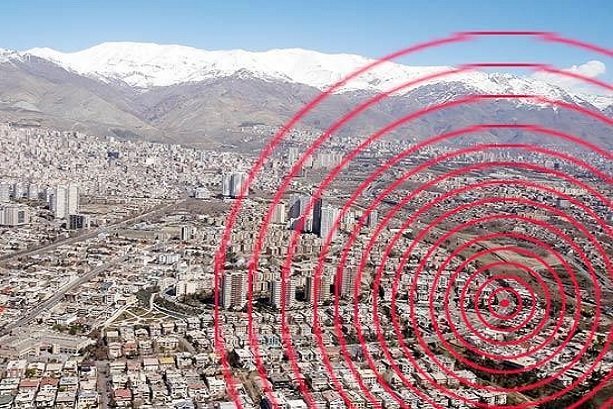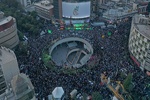Morteza Talebian made the remark on Saturday at the International Conference on Structure, Tectonics and Earthquakes in Iran in collaboration with Italy’s Center for Theoretical Physics and England’s University of Cambridge.
He maintained the conference aimed at gathering further information on Iran’s earthquakes in Alborz, Zagros and Makran regions; “in recent years, not much research has been conducted on Makran region, thus we are trying to increase our knowledge of this region by collaborating with researchers from other countries.”
“One of the challenges facing Iran in the field of geology is related to hardware facilities. We have been attempting to compensate for this lack through international collaborations,” he said.
Talebian further noted the conference sought to facilitate the country’s access to world’s latest technology.
Being situated in the middle of a seismic belt that starts from Europe and extends all the way to the Himalayas, the Iranian plateau is subject to most types of tectonic activity, including active folding, faulting and volcanic eruptions.
The International Conference on Structure, Tectonics and Earthquakes in the Alborz-Zagros-Makran Region in collaboration with Italy’s Center for Theoretical Physics and England’s University of Cambridge kicked off in Tehran on May 22 and will run through 31 May, 2015.
The program is specifically designed to benefit scientists in countries that are vulnerable to earthquake hazards, but who currently lack the local infrastructure expertise, national capability or critical mass of researchers to be effective.


























Your Comment